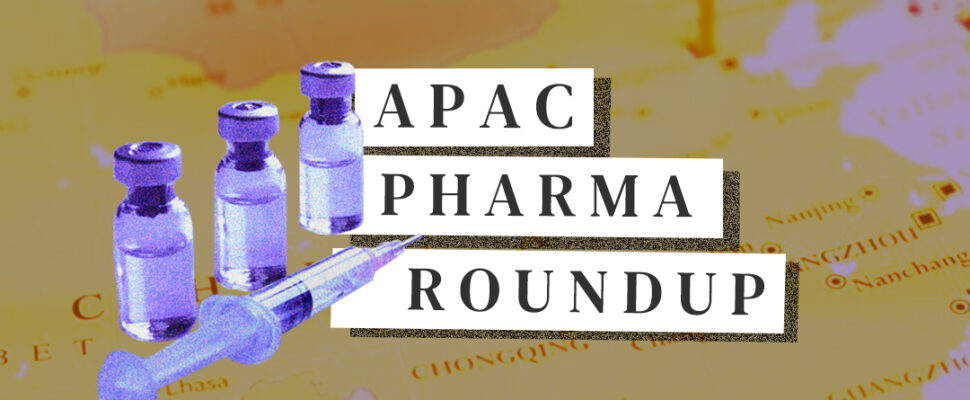A whistlestop tour though the latest news from pharma in Asia, taking in the American gene sequencing giant caught in the crosshairs of the US-China tariff row, the ADC-focused Singaporean biotech getting a 187 million dollar funding boost, why the Australian regulator has rejected Eisai’s Alzheimer’s drug, the activist fund aiming to shake up a staid Japanese pharma industry, and an update on healthcare regulations in Korea.
China bans imports of Illumina’s gene sequencers right after Trump tariff action (Reuters)
China announced a ban on Tuesday on imports of genetic sequencers from U.S. medical equipment maker Illumina (ILMN.O), opens new tab, just minutes after U.S. President Donald Trump’s additional 10% tariff on Chinese goods took effect.
The ban is part of a series of measures China announced in response to the extra U.S. tariffs and comes after Beijing put Illumina on its “unreliable entity” list in February.
China accounts for about 7% of Illumina’s sales. Gene sequencers help determine the sequence of DNA or RNA, allowing scientists to study genetic variations associated with diseases and diagnose rare genetic conditions.
ADCs from a decade-old Singapore biotech find new life with $187M (Endpoints)
Frazier Life Sciences and a cadre of well-known biotech investors are coming together for a new startup in the antibody-drug conjugates field…
Regulatory tracker: Eisai’s Alzheimer’s drug Leqembi rejected in Australia (Fierce Pharma)
Despite a reconsideration after a prior rejection, Australian drug regulators ultimately passed on Eisai’s BioArctic-partnered Alzheimer’s disease treatment Leqembi.
The Therapeutic Goods Administration (TGA) of Australia first decided against approval for patients with early Alzheimer’s disease in October. Eisai then requested reconsideration of the decision in December, proposing the same narrow indication given to the drug by the Medicines and Healthcare products Regulatory Agency (MHRA) and European Medicines Agency (EMA). Those approvals stipulate that Leqembi can only be used in patients with one or no copies of the ApoE4 gene due to safety concerns linking two copies of the gene to increased risks of brain swelling and bleeding, a side effect known as Amyloid Related Imaging Abnormalities (ARIAs).
Activist fund takes aim at one of Japan’s biggest pharma groups (FT)
Farallon presses Astellas to cut costs and overhaul drugs research in latest shareholder campaign gripping Tokyo
Farallon Capital Management has taken a significant stake in one of Japan’s biggest pharmaceutical companies as activist shareholders, emboldened by a corporate governance reform drive, take aim at the country’s household names.
The San Francisco-based fund with $39bn in assets has built a more than 3 per cent position in Astellas, said people familiar with the matter, making Farallon a top-three shareholder, based on LSEG data.
The move is part of a wave of shareholder activism in Japan as governance reforms by the Tokyo exchange push companies to take investor demands more seriously.
Healthcare update in South Korea (Asia Business Law Journal)
South Korea’s Second Comprehensive National Health Insurance Plan, being implemented from 2024 to 2028, incorporates significant encouragement for new drug development. Along with enhancing essential medical services and improving sustainability of the National Health Insurance (NHI) system — including enhancing financial sustainability and establishing a stable supply system — the second comprehensive plan outlines key initiatives regarding pharmaceuticals.


